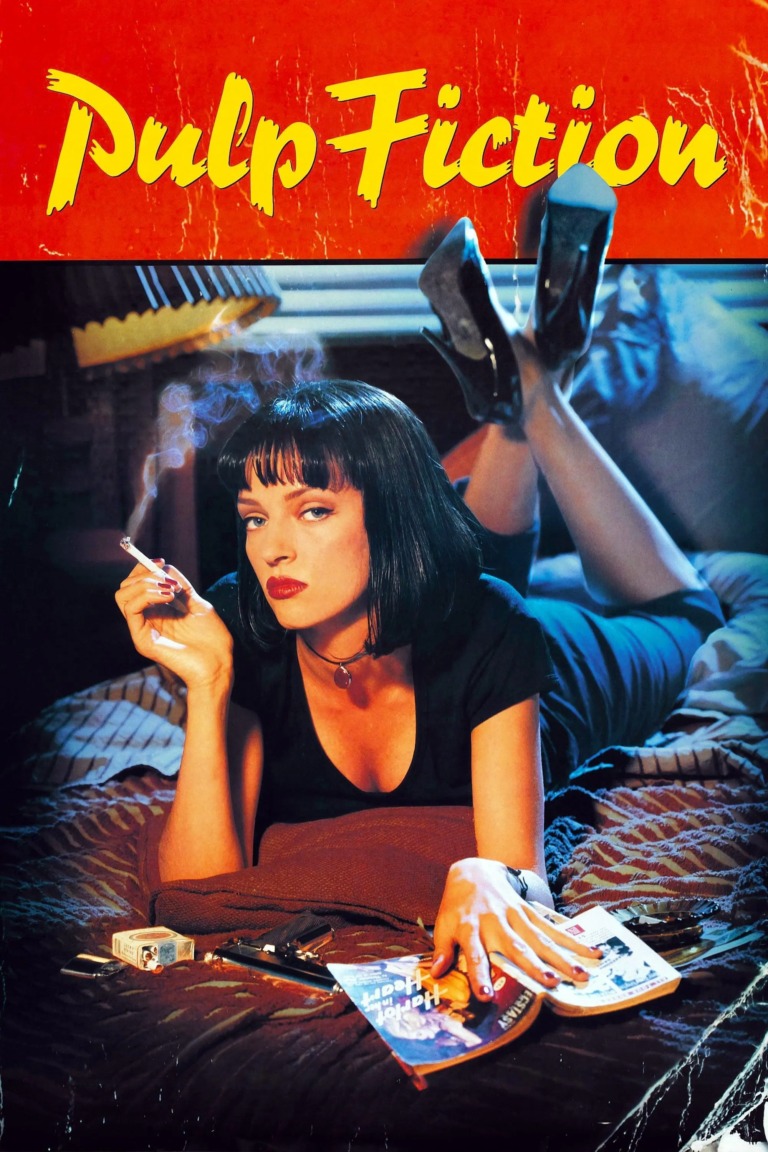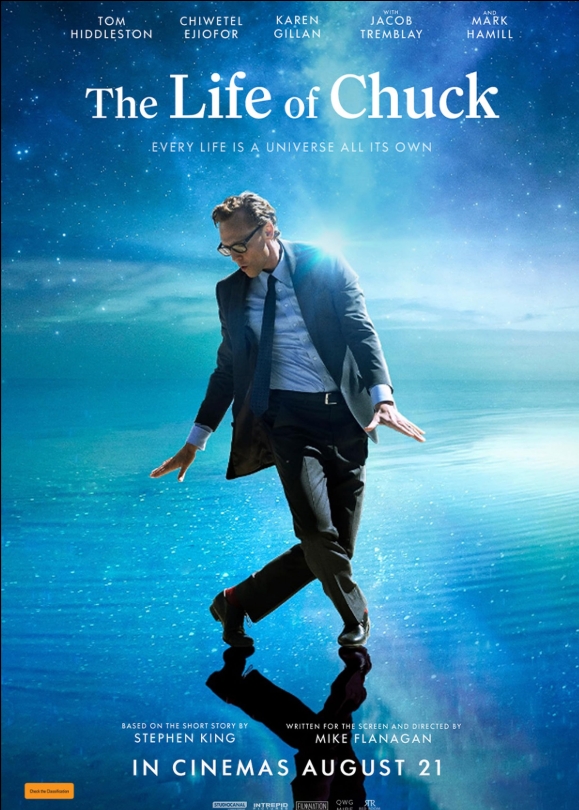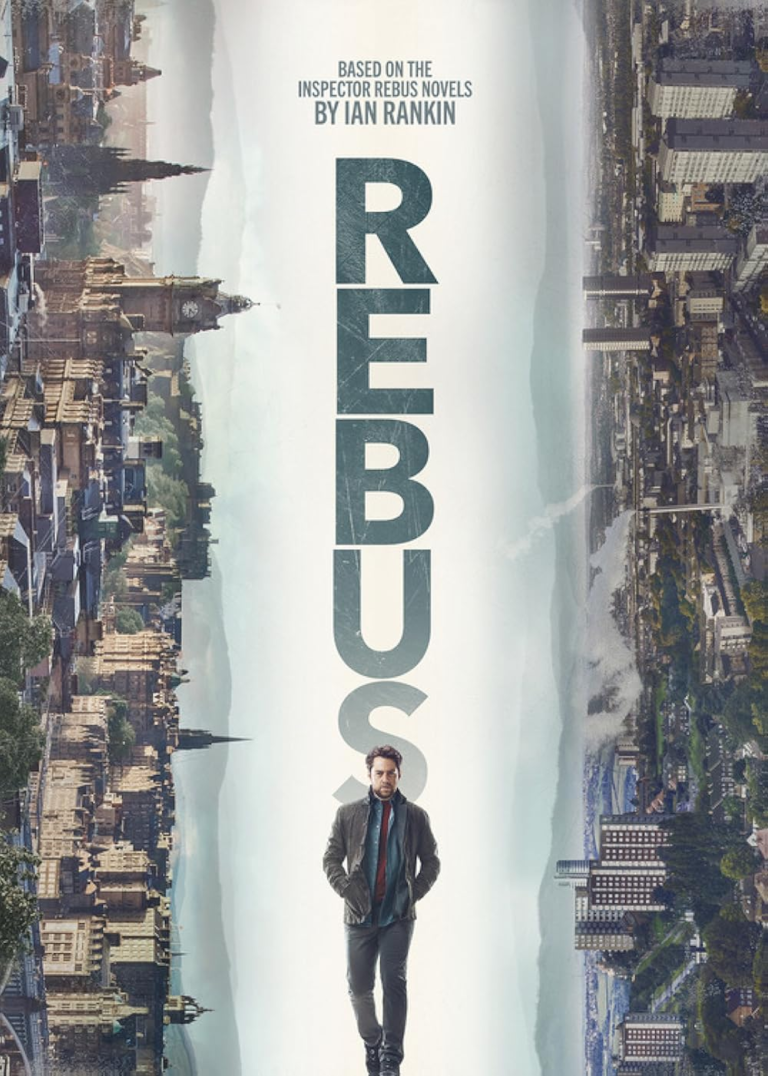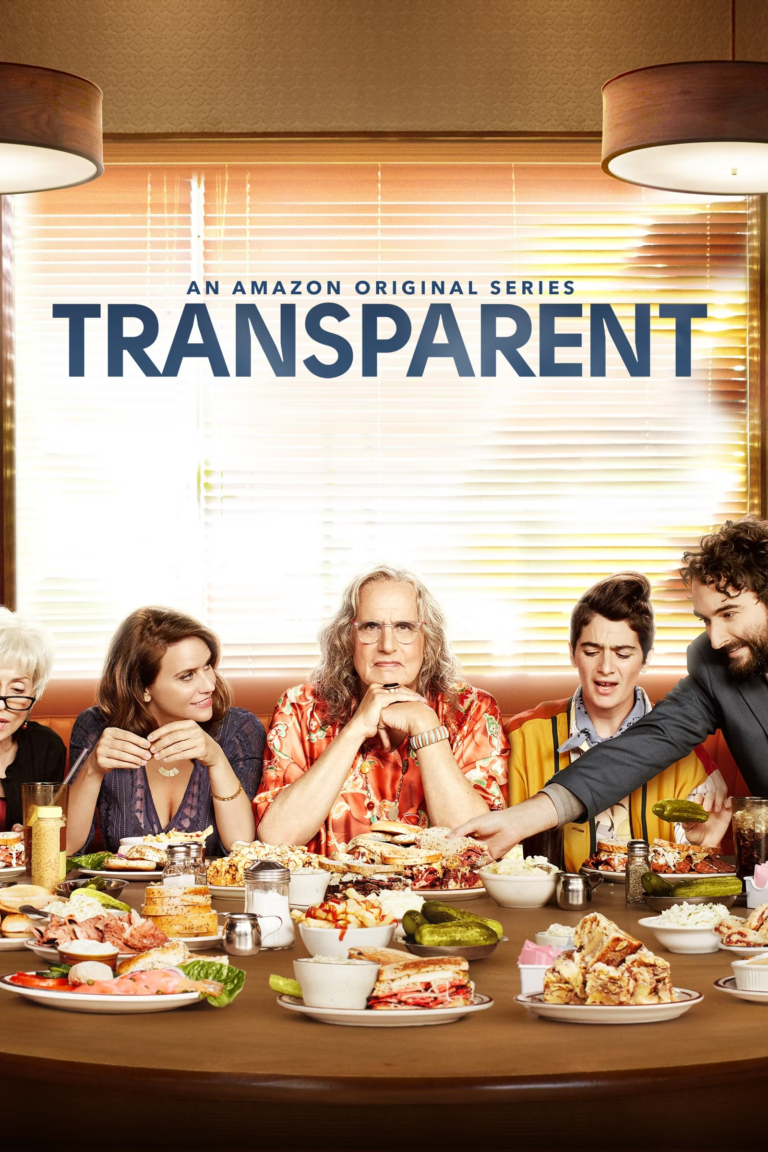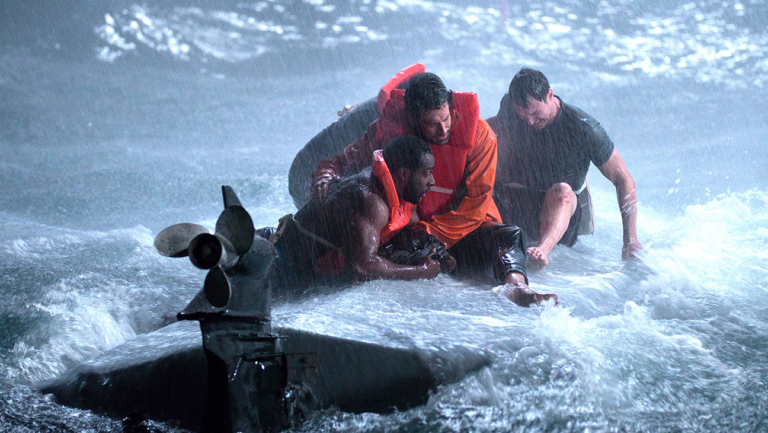True Detective Christian Review
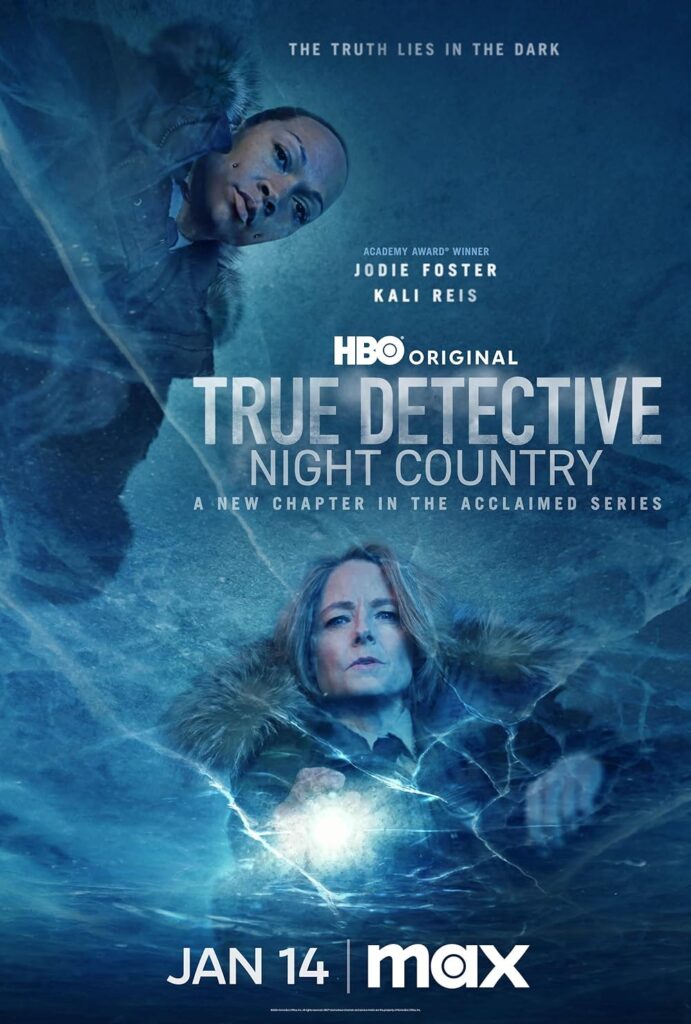
“True Detective” is more than just another crime show, it a very serious investigation of the darkness in the human heart, against the haunting landscapes of Louisiana. Grabbing the collar, this show pushes one forward into right and wrong depths that do not smell very pretty but
At its core, “True Detective” is a story that delivers its examination of the human condition without holding anything back. It follows both Rust Cohle and Martin Hart as they piece together not only the murder mystery at hand but an entire tapestry of human frailties and shades-of-gray decisions. Matthew McConaughey’s Rust is a revelation-a man afflicted by his own specific traumas, his crystalline brain piercing the pretensions of societal givens to expose what lies raw and bleeding beneath. It’s a pessimistic yet weirdly enlightening worldview that really makes us confront our own fragility and those some larger questions of existence. For the Christian viewer, it’s a journey into the darker recesses of sin and redemption where these character struggles become our own universal battles with faith and doubt.
In contrast, Martin Hart is a man crucified by his own demons-made efforts to hold onto something of decency in a world not willing to bend to the dictates of his conscience. His is the subtle reminder of human wills’s frailty and of howulence and circumstance can always drag it this way and that in their relentless tug-of-war. Like Christians, we see the echoes of our own struggles with sin and the quest for righteousness that reminds us the path of redemption is necessarily fraught with hindrances, self-inflicted wounds, and reverses.
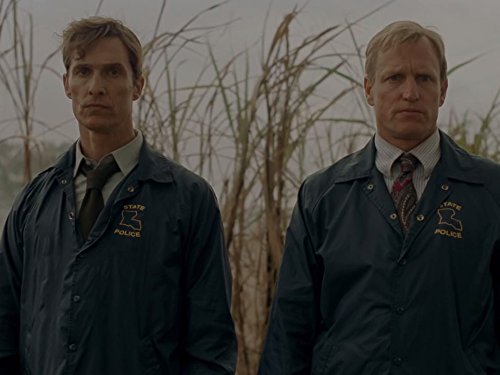
Sin, Redemption, and Ethical Dilemmas
“True Detective” holds its nose and charges straight toward the cesspool of violence, corruption, and betrayal that stains the narrative canvas. Indeed,afs are woven throughout the dark tapestry: momentary glimpses of grace and compassion that instill hope in the midst of chaos. These reminders of a Christian belief in the possibility—no matter how faint—of redemption transformed some of the darkest scenes into something hopeful and beautiful.
It is a series that mirrors us, reflecting our own moral complexity; it undercuts assumptions about good or evil, and even protagonist or antagonist, victim or perpetrator. Here, characters are not archetypes but multidimensionally real, struggling and lost and learning in the difficult labyrinth of their own choices. It makes Christians look deeper into what sin is, grace, and by means of its consequences, how transformation can come because of it, that the consequences of our actions will always affect us and those around us.
The Battle Within and Without
There is a sense, throughout “True Detective,” of tension—a battle between light and darkness transcending the internal struggle within the characters themselves out into the very fabric, or structure, of their society. It reveals to us the underbelly of the human existence—its sins hid deep, the injustices systemic. It poses some fundamental questions about justice and the ubiquity of evil, recalling themes from Christian teachings about spiritual warfare and a fallen humanity.
Rust Cohse’s philosophical musings are thus at the center of this existential and essentially dark world he believes he sees; and by extension, of the timeless human condition of questioning meaning and purpose. For example, such thoughts from his mouthfuls of despairing philosophical ramblings have almost become global sensibilities. As Christians, we are not immune to these themes of existential struggle and transcendence—a journey which usually opens our deepest wounds of vulnerability and insecurity.
Reflections on the Human Experience
“True Detective” is not for the faint of heart. Visceral intensity and graphic imagery punctuate the narrative, presenting those who view with some very real reminders of life. As Christians, these moments must be seen as a sobering reminder of how deep the human depravity runs, how evil lurks in each and every human heart. But it’s in that very darkness that the kernel of growth and redemption appears, as testimony to the human spirit’s resilience and its capacity for grace to transform it.
Hence, for the discerning viewer, much more the Christian, “True Detective” must be viewed with poised minds and discriminating hearts. A show this mature and explicit challenges our sensibilities and convictions anyway, much more so when, provokingly put, it engages us at some level or another. Yet, to viewers who would want to dig through its crusty layers, “True Detective” actually doles out quite a heavy morality tale of sin and the enigma of the human existent. It makes us question very uncomfortable truths about ourselves in our society; it joins us to a promenade with moral ambiguity and righteousness within a very contrary world.
Thus, “True Detective” is a drama that goes far beyond more conventional crime dramas to really delve into the gray areas that par for the human course. The show demands a level of discomfort on the part of the viewer, Christian or otherwise, even with its realistic portrayals of sin and evil – much more so with such complexities on how we really think and feel about these kinds of moral issues that might be unsettling for anyone with mature content. Yet, these very things make it compelling viewing for anyone interested in seeing gray areas of just humanity play themselves out on screen. It makes us, as Christians, reflect on our ideas and our values in this very complex moral landscape that it puts forward: reminding us of that perennial struggle between darkness and light within us all.

